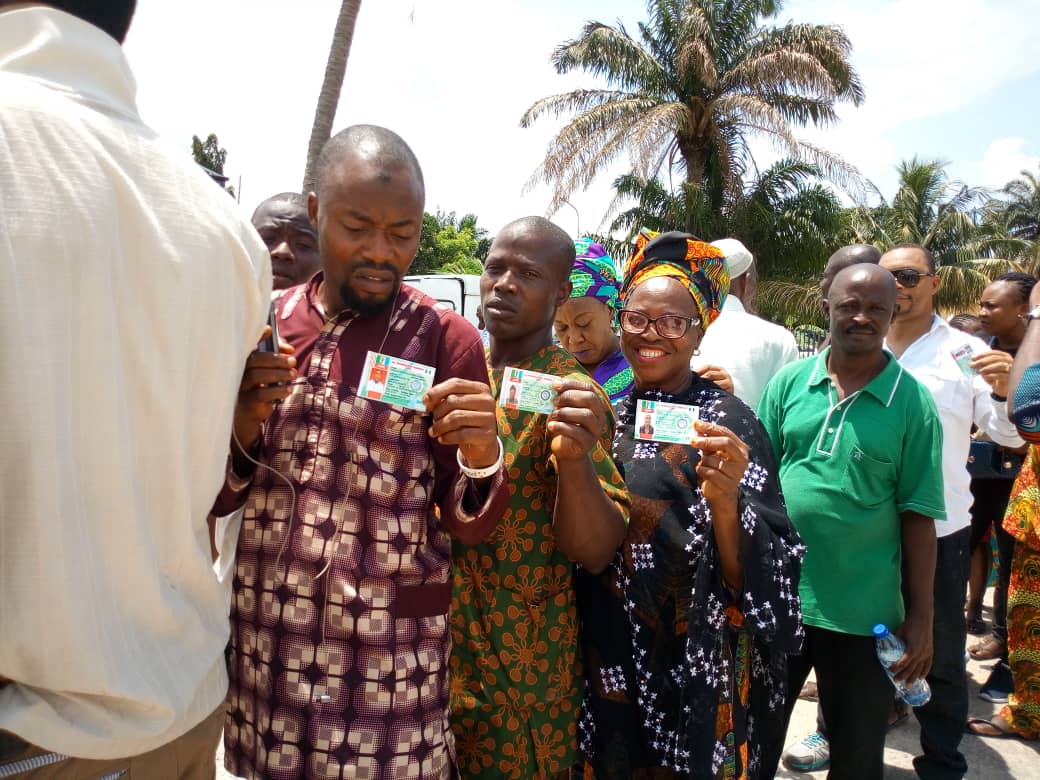Ladoja is the current Otun of Ibadanland
A federal high court in Lagos has discharged and acquitted Rashidi Ladoja, a former governor of Oyo state, who stood trial over an alleged fraud of N4.7 billion fraud.
The Economic and Financial Crimes Commission had charged Ladoja to court alongside Waheed Akanbi, who served as commissioner for finance under the former governor.
At the court on Friday, Mohammed Idris, the judge, said the anti-graft agency could not provide enough evidence to nail the suspects.
He, therefore, discharged and acquitted them.
Advertisement
They EFCC had re-arraigned the duo on December 15, 2016, on eight counts charges.
The charges against Ladoja and Akanbi bordered on money laundering and unlawful conversion of funds belonging to Oyo State to their own.
In one of the counts, Ladoja and Akanbi were accused of converting a sum of N1,932,940,032.48 belonging to Oyo State for their personal use, using a Guaranty Trust Bank account of a company, Heritage Apartments Limited.
Advertisement
The EFCC claimed that they retained the money sometime in 2007, despite their knowledge that it was proceeds of a criminal conduct.
In another instance, Ladoja was accused of removing the sum of £600,000 from the state coffers in 2007 The former governor allegedly sent the money to his daughter, Bimpe, who was at the time in London.
The ex-governor was also accused of converting a sum of N42m belonging to the state to his own and subsequently used it to purchase an armored Land Cruiser jeep.
He was also accused of converting a sum of N728,600,000 and another N77,850,000 at separate times in 2007 to his own.
Advertisement
The EFCC claimed that Ladoja transferred the N77, 850,000 to one Bistrum Investments, which he nominated to help him purchase a property named Quarter 361, Ibadan, Oyo State.
The EFCC told the court that Ladoja and Akanbi acted contrary to sections 17(a) and18 (1) of the Money Laundering (Prohibition) Act, 2004 and were liable to be punished under sections 14(1), 16(a) (b) and 18(2) of the same Act.
Add a comment






